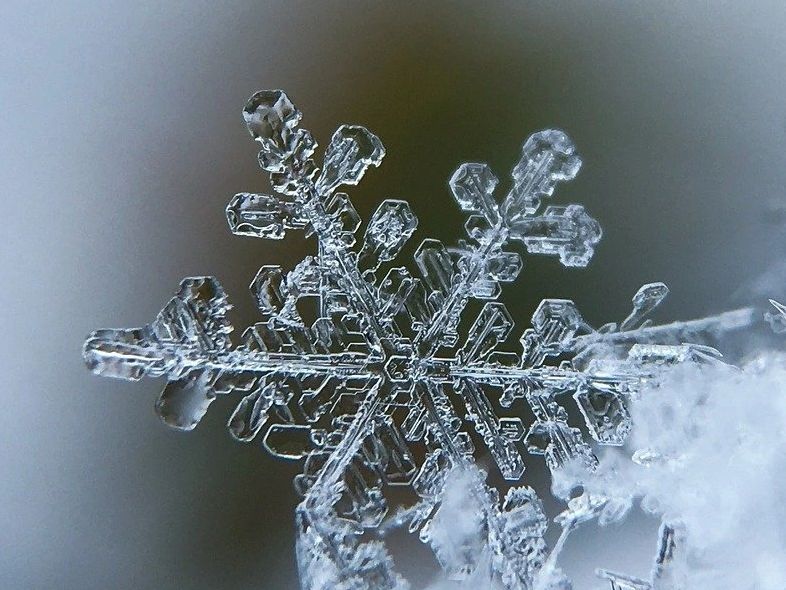A few years ago, my coworker Ann was frustrated by a call with a difficult customer. “There’s no way I’m letting a black guy into my house,” she yelled at Ann while our repairman waited on her doorstep.
It was pre-Trump, and I was shocked. “I cannot believe that woman could be so blatantly racist!”
Ann smiled politely and went about finding a repairman that wasn’t African American. You see, Ann is also Black. Not only is she well used to racism, but she is also quite familiar with the incredulity of White women.
And incredulous I was, visibly shaken by the story. But, I told myself, that woman is in Florida. I comforted myself in the knowledge that the unpleasantness was far away from my beautiful, open-minded Canada because these types of situations simply don’t happen here.
A loyal, lovely, and it turns out, fictional thought. As thousands of unmarked graves and remains of children continue to be uncovered at the sites of residential schools, we are in a reality I can no longer ignore.
On June 6th, in London, Ontario, a driver deliberately ran down a Muslim family, killing four people. My Alberta-based Indigenous classmate recently shared a time that a friend with severe appendicitis and was refused entry into a hospital because staff assumed she was drunk. My classmate, who “looks White” (her words, not mine), offered to be the “token White person” at the hospital so they could get her friend admitted.
Apparently, a White person speaking on behalf of an Indigenous person experiencing emergency medical distress was absolutely necessary to ensure the care of a Canadian citizen.
The reality is anywhere in Canada right now, BIPOC (Black, Indigenous, People of Colour) are facing various degrees of racism – from microaggressions to overt discrimination. All of this is happening around me as I’m delightfully, ignorantly blind to it all, thereby illustrating my White privilege.
The term “White Fragility” may be new to some of us. Sociologist Robin DiAngelo’s novel details the blissful ignorance afforded to many, as well as the thin-skin of White people, who shudder at the very thought of racism. Or, worse, bristle at the political correctness of the world today (and how everyone is just too damn sensitive), thereby halting change.
There are those of us that maintain a “colour blindness” that further minimizes the complexities of race. Others stay silent when friends and colleagues make racist jokes, reluctant to rock the boat, all the while silently reinforcing the status quo.
But I’m not racist, I yell to anyone who’ll listen. I’m nice!
I recently began volunteering with a support group for victims of trafficking, offering volunteer therapy, where a significant portion of survivors is Indigenous. Despite going through additional trauma-informed training and securing insurance for my services in March, not a single survivor has taken me up on my offer.
Colonization, marginalization, and intergenerational trauma have placed Indigenous people as among the most in need of mental health services, so why aren’t more people partaking in my services?
The truth hurts my White Fragility. Colonization is a tough history to escape and Indigenous attitudes towards Euro-Canadian descendants are something we’ve earned, over and over again. I look exactly like the nuns that terrorized children in residential schools or the Christian housewives that heralded the government’s efforts to deal with the “Indian Problem.”
When it comes to relating to the Indigenous community, even well-meaning mental health advocates like me have a lot to do to overcome the crimes of my ancestors, and simply opening my doors to offer free counselling doesn’t cut it, nor does cringing in horror over tales of blatant, continual racism.
Self-awareness is a good first step. Exploring and owning our biases helps, as does continual education. Part of the challenge of privilege is it’s tough to recognize. Privilege isn’t just associated with race, but with income, education, gender, sexuality, and language.
The wheel of privilege visually depicts how we can understand ourselves and our power. While I am a middle-class (not rich), cisgender woman (lower privilege than cisgender males but ahead of transgender/intersex or binary individuals), and my mental health is not always ‘robust,’ I exist high on the privilege wheel in every other category. And while I can assure you my life is far from perfect (as you can read here, here, and here), I most certainly experience privilege every single day.
Some simple highlights: I am never stopped by police officers, I am always asked for directions, and the last thing I worry about is washing my kids daily.
So, here’s my small promise to BIPOC and marginalized groups of any type: when you share your story, I will believe you. While I may shutter and sigh over the unfairness of it all, I’ll aim to do so silently, because when you speak of your injustices, it’s not about me. Let me say it again, loudly for my benefit and yours: it’s not about me.


